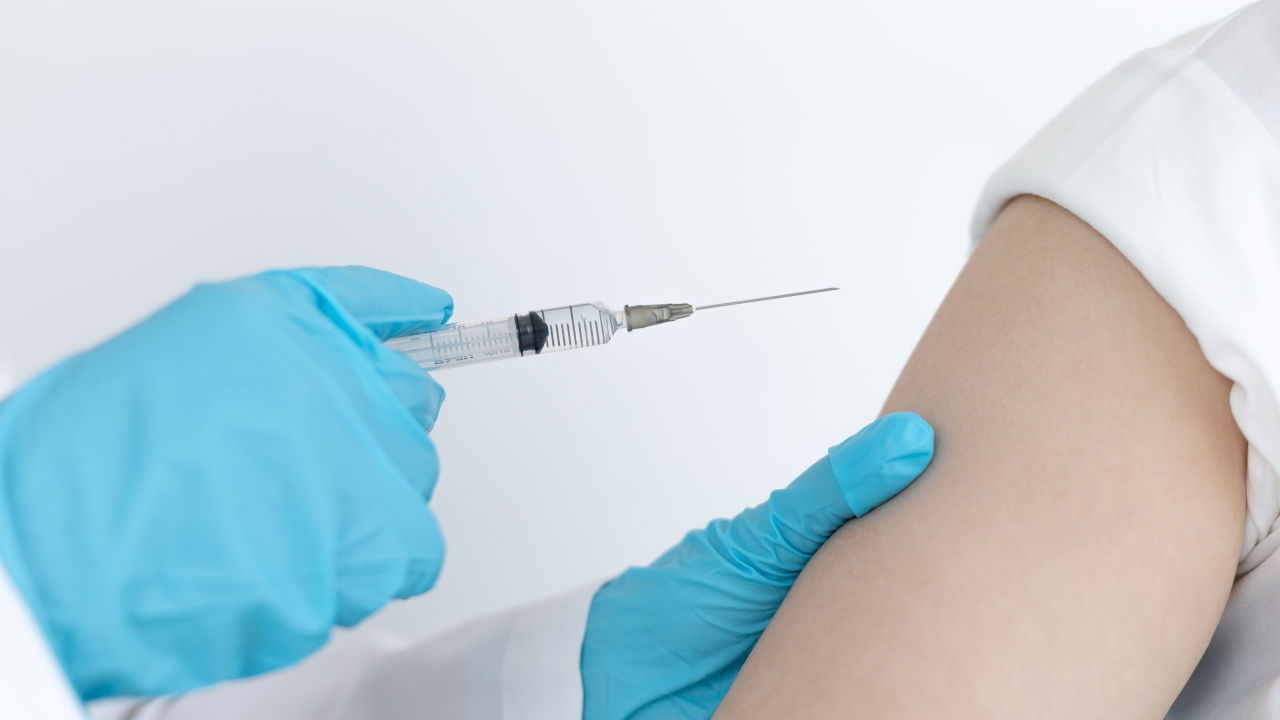N Engl J Med Published online August 18, 2021 | https://www.nejm.org/doi/full/10.1056/NEJMoa2110345
Digest author(s): Emer Kelly (e-Learning Director) | 5 January, 2022
This paper, published in the New England in November, is a follow up to the previously reported safety and efficacy data obtained through a median of 2 months for the Pfizer vaccine, originally published in December 2020 in the same journal. This is a reminder of the pace at which the Covid-19 vaccine trials are continuing alongside widespread vaccination programmes. The current paper reports safety and efficacy findings from a pre-specified analysis of the phase 2-3 portion of the trial through approximately 6 months of follow-up.
Results of the randomised, placebo-controlled, observer-blinded, phase 2-3 portion of the trial in participants 16 years or older and pre-specified assessments of vaccine efficacy among participants 12 years or older are reported. Participants were healthy or had stable chronic medical conditions. Exclusion criteria included active immunosuppression, history of Covid-19 (unless current or previous SARS-CoV-2 infection only came to light on laboratory testing obtained for the trial). Participants were randomly assigned 1:1 to receive two 30mg intramuscular injections 21 days apart of BNT162b2 or saline placebo. In December 2020, participants 16 or older were now eligible for the vaccine so they were given the option to learn of their trial assignment and opt out of the placebo group to receive BNT162b2. They were then followed in an open label trial period. Safety end points included local reactions, systemic events recorded in an electronic diary in a solicited fashion. Unsolicited events from 7 days to 1 month and serious adverse events through 1-6 months. Efficacy was again assessed.
Between July to October 2020 over 44000 participants underwent randomization at 152 sites across 4 continents. 98% received both doses. During the combined blinded and open label periods, 55% had 6 months of follow-up or more after the second dose. The adolescent cohort (12-15) were recruited between October 2020 and January 2021 and were followed for at least 2 months.
Reactogenicity was evaluated. More participants in the vaccine cohort had local reactions with similar frequency in those with evidence of previous SARS-CoV-2 infection. There were more systemic events in the vaccine compared to the placebo group, the most common being fatigue. Systemic reactogenicity was similar among those with or without evidence of previous infection although there were more systemic effects after the first dose than the second. Adverse events were more common in the treatment group: Adverse events – 30% vs 14%, severe adverse events -1.2% vs 0.7%. New adverse events not previously identified included decreased appetite, lethargy, asthenia, malaise, night sweats and hyperhidrosis. No new serious adverse events were considered to be related to the vaccine. 15 in the vaccine group and 14 in the placebo group died with no deaths being considered to be related to the BNT162b2. Safety monitoring is ongoing. Vaccine efficacy peaked at 96.2% in the period from 7 days after the second dose to less than 2 months. Previous infection was indicated to provide approximately 72.6% protection. From 2 months to less than 4 months after the second dose efficacy was 90.1% but after 4 months to the cut-off date, efficacy was 83.7%. Vaccine efficacy against severe Covid-19 was 96.7%.
Although this is very important information as millions of people have been vaccinated with this medication, some questions remain unanswered. Duration of blinded data collection was limited by the ethical and practical need to immunize the placebo group. Although real-world data suggest prevention of asymptomatic infection this is not yet proven. Pregnant women and children under 12 were not included in this report.
This paper shows a favourable safety profile for the BNT162b2 vaccine.





